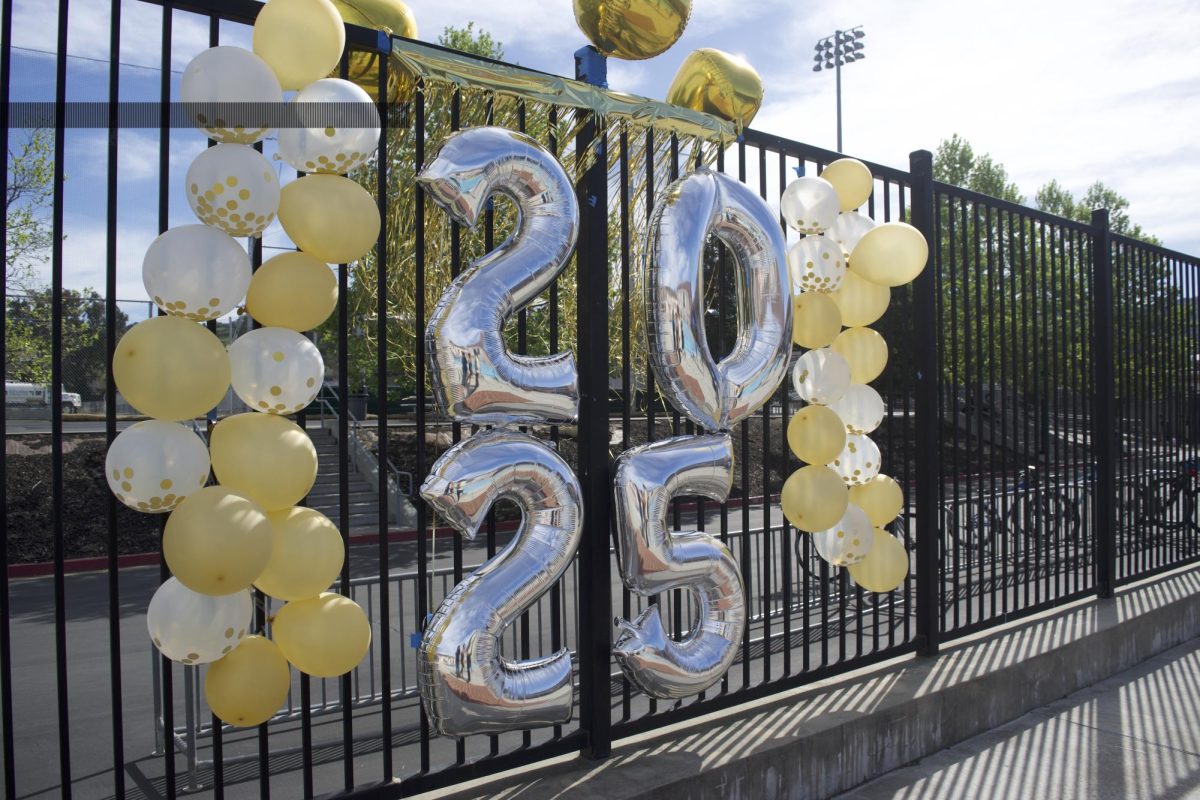Let’s stop turning back the time
Romanticising the past does more harm than good
The urge to the turn the hands of a clock back to the past is never-ending, but it is vital to suppress it.
December 7, 2021
I was born in the wrong generation.
One of the most commonly heard phrases from this generation’s teenagers echoes our love for the past. Today’s adolescence idolizes bell bottom jeans and crop tops of the ‘80s and ‘90s, as we adopt the idea of ‘vintage’ and curate our style based on it. The media is similarly fond of the past: Swifties all over the world jumped in excitement when Taylor Swift released her re-recorded albums and Bollywood follows suit by reusing old songs to create new ones. iCarly, Gossip Girl 2.0, the 25th James Bond movie and Star Wars TV shows –– entertainment simply can’t move on from past hits.
We love the past. It’s the main destination for our memories, whether pleasant or painful, and we cherish the comfort and the lessons they provide us with. The rhetoric of “the good ol’ days” helps us find gratitude in the present, and we use past resilience and motivation to help us gain confidence. Memories with negative connotations tend to fade quicker than those that are positive, and thus, we find peace in our rose-colored perception of the past.
However, we often don’t realize how an intense focus with the past can impact us in the present and future. Our perception of the ‘80s and ‘90s is that they were joyful times, full of cute clothes and hip hop. But we’ve chosen to forget about the HIV/AIDS epidemic, the discriminatory treatment that the LGTBQ+ community began to face or how women started to become the subject of sexualization and misogyny. Our glorification of the past has blinded us to all its flaws. We strictly focus on the positive memories and cast aside the negative ones, which results in our failure to learn from them and solve the problems they gave rise to, which may still afflict us today.
Additionally, we’re so comfortable with the familiarity the past provides us with that we’ve become scared of the uncertainty that the future brings. Students fear the future because with it comes more AP classes, SAT and ACT tests, stress over extracurricular activities, college applications and more. When we’re thinking about the future, we’re standing on fragile ground. We can’t bear the fact that the bridge to the future may crumble at any moment, and we’re desperate to return to the solid surface of the past. Instead, we choose to remain in the past. We reminisce about how great middle school and elementary school were, with reasonable amounts of homework and daily social outings. We look through our Snapchat memories and reminisce about how happy we were “back then.”
But we fail to realize that staying stuck in the past stops us from taking steps towards the future. We’re never able to get out of our comfort zones and cross that fragile piece of ground because we’re far too scared to do so. How can we expect success when we refuse to move out of the past? The answer: we can’t. Our inability to move out of our safe spaces of the past only hinders our progress forward.
This isn’t a call to disregard the past, but rather to stop hyperfocusing on it and making it our current reality. Dreading the future and reminiscing on the past isn’t going to get us anywhere, but finding excitement in the immediacy of the present and the uncertainty of the future will. We need to push ourselves to create new memories, instead of solely being content with those from the past.
Because what are the good ol’ days compared to the better ones to come?


















